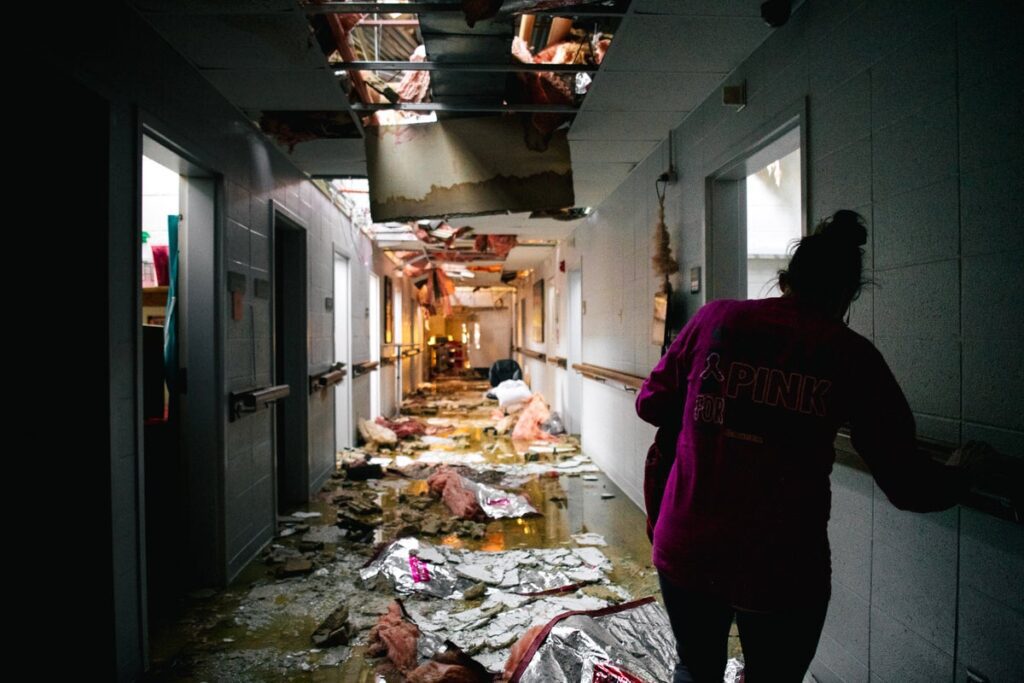Future Challenges for Emergency Health Preparedness
The McBride Wildfire Dilemma
In 2020, the McBride wildfire threatened a hospital in Lincoln County, New Mexico, complicating evacuation efforts. David Merritt, a federal healthcare preparedness coordinator, faced a substantial challenge as traditional evacuation resources were unavailable due to the emergency. High winds ruled out air transport, and with the local routes also compromised, he had to coordinate urgent patient evacuations to safety.
The Need for Preparedness
Merritt’s role underscored the importance of preparedness in the health care system, a responsibility that could be jeopardized if the Hospital Preparedness Program (HPP) is defunded as proposed in President Donald Trump’s fiscal 2026 budget. This program, established post-9/11, has provided essential training and resources to emergency management and health care entities across the nation.
Funding Cuts and Their Implications
The proposed budget aims to eliminate the $240 million allocated to the HPP, arguing that it lacks focus and efficacy. Critics have raised concerns that this cut would dismantle a vital support structure, hindering collaborative efforts to address various disasters, including wildfires, pandemics, and more.
Voices from the Field
T.L. Davis, a former coordinator for emergency preparedness in Northeast Arkansas, articulated the drawbacks of such cuts, stating, “You’re taking down a system that brings multiple agencies together beforehand to respond to disasters.” This interconnectedness is crucial for effective emergency management, especially in scenarios like tornadoes or health crises.
In one notable instance, Davis’ team utilized an “Ambubus”—a specialized vehicle—funded by the HPP to provide crucial support during tornadoes that impacted nursing homes. “If we had not had that HPP funding, we wouldn’t have been able to do that,” he remarked, highlighting the necessity of the program.
Preparing for Future Emergencies
The significance of the HPP is further echoed in responses to natural disasters. In North Carolina, health coalitions funded by the HPP played indispensable roles during hurricanes, managing specialized shelters for patients with specific medical requirements. “When we show up, we are working closely with the local agencies to help take that load off,” emphasized J. David Marsee, coordinator for the Duke Healthcare Preparedness Coalition.
The Path Ahead
The potential loss of the HPP raises pressing questions about preparedness for future emergencies. As Mary Mayhew of the Florida Hospital Association noted, the program has been foundational in training health care professionals for evacuation scenarios, which are increasingly critical in the face of climate change and natural disasters. The continuity of the HPP is essential for maintaining a cohesive response framework capable of adapting to evolving challenges.


